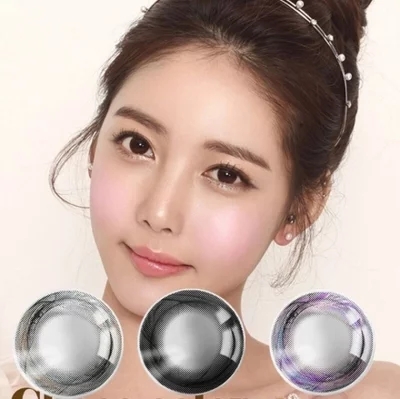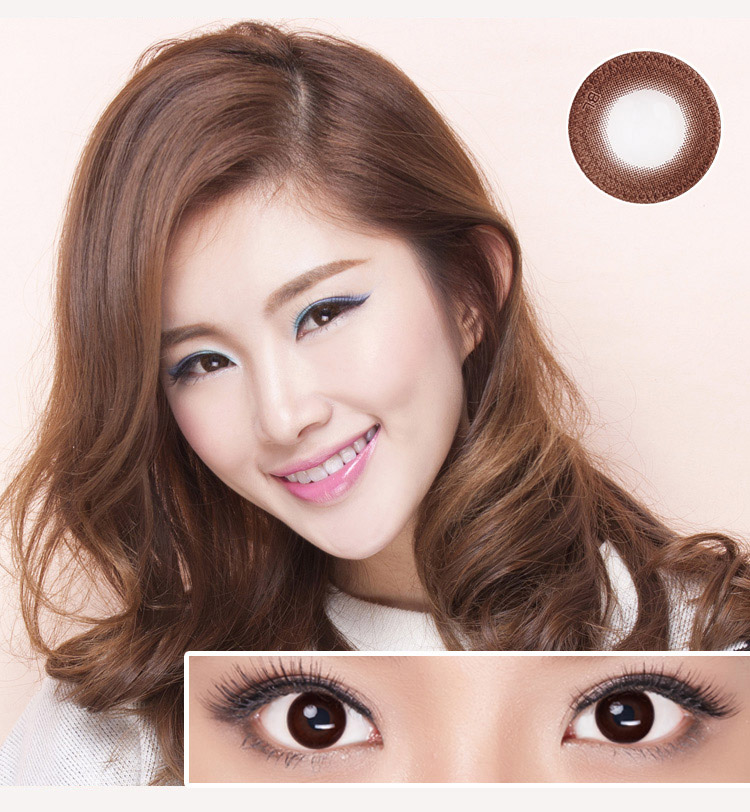Eye pain is a common problem for a variety of reasons. If you feel like your eyeball is on fire, it could be a sign of several conditions, from mild to very serious. This may be temporary or it may be a sign of a chronic condition that you will have to deal with for years.
While some causes of burning eye pain go away on their own, others can lead to permanent vision damage if not treated by a doctor.
Read on to learn more about the most common causes of burning eye pain, symptoms, and treatment options you may want to consider.
Dry eyes are a common cause of pain and itching in the eyes. This occurs when the eyes lack the moisture they need to function properly.
This may be due to your eyes not producing enough tears, or your eyes not producing enough tears to keep your eyes moist.
Over-the-counter (OTC) eye drops are usually enough to treat dry eyes. Lifestyle changes, such as using a humidifier and drinking enough water, may also be helpful.
But when dry eye is severe, you may need to see a doctor for stronger treatments, including:
Eye infections can cause eye pain, redness, and itching. Some eye infections, such as conjunctivitis, are mild and easily treated. But other eye infections are extremely serious and require urgent treatment.
About 40% of North Americans experience some form of eye irritation due to allergies to environmental irritants such as pollen, mold, animal dander, or air pollution.
Some allergic reactions may only affect the eyes, but many allergy sufferers also experience nasal congestion and other respiratory symptoms.
Allergies can be treated with oral antihistamines or eye drops containing antihistamines. If you have mild allergies, over-the-counter antihistamines such as Zyrtec (cetirizine) or Allegra (loratadine) should be enough to relieve your symptoms.
If you have severe allergies, an allergist (a doctor who specializes in allergies and asthma) can help you develop an allergy treatment plan.
Prescription Contacts
Contact lenses can irritate your eyes, especially if you wear them for a long time. Wearing old, dirty or ill-fitting contact lenses can also cause pain and burning.
Improper cleaning of contact lenses, as well as wearing old contact lenses, can lead to a condition called contact lens conjunctivitis. This happens when there is dust or other foreign matter on the contact lenses.
You may need to wear glasses instead of contact lenses for a few days to help your eyes recover before using them again.
After your eyes have healed, use a new pair of contact lenses that were stored in an airtight container. If you often suffer from conjunctivitis caused by contact lenses, talk to your ophthalmologist – you may need a new type of contact lens or consider wearing glasses instead of contact lenses all the time.
Nerve pain occurs when the optic nerve, located behind the eye, swells due to inflammation. This can make it difficult for your eyes to communicate visual information to your brain and cause severe pain in the back of your eye.
Neuralgia in the eye usually goes away on its own. Prescription steroid medications are sometimes used to reduce swelling and relieve pain and discomfort.
In some cases, optic nerve pain is a symptom of an underlying medical condition, such as multiple sclerosis. If your pain persists for more than a week or more without improvement, see your doctor. Seek immediate medical attention if you experience any sudden changes in your vision.
Your eyes can be irritated or damaged by exposure to many chemicals commonly found in everyday life, such as:
Once your eyes are clear, treatment depends on the severity of the irritation. You may not need treatment for mild irritation from substances such as shampoo.
However, if your symptoms persist for 2 or more days without improvement, or if your irritation is more severe, seek medical attention. You may be prescribed antibiotics to prevent infection and steroid drops or creams to reduce swelling while your eyes heal.
When an object strikes or comes into contact with your eye, it can cause a scratch or injury to the surface of the eye, called corneal abrasion.
It can be caused by anything that comes into contact with your eye and scratches the cornea, including:
If you think you have a foreign object in your eye, do the following immediately to reduce the risk of the foreign object scratching your cornea and causing injury:
Other reasons may help with medical attention. See your doctor, optometrist, or other optometrist if:
You can’t prevent every itchy eye or allergy, but there are a few things you can do to reduce eye irritation:
Many causes of eye pain can be easily treated at home or with simple over-the-counter medications. But some eye conditions, such as infections, may require medical attention. You may also need to seek professional medical attention if any substance or object gets into your eyes.
Taking steps to prevent eye irritation can help reduce the risk of eye pain or irritation. You can help protect your eyes by getting regular eye exams, wearing safety glasses, wearing clean contact lenses, drinking plenty of water, and eating eye-safe foods.
Prescription Contacts
If you wear contact lenses, it’s important to keep them away from showers, baths, or pool water. Find out why you shouldn’t wear contact lenses in…
A pinguecula is a benign growth on your eye. We describe what they look like, what causes them, and what symptoms to expect.
Understanding what causes stye is the key to preventing stye. Keep your eyes clean, use contact lenses safely and take care of your makeup…
Learn how to reduce dry eyes, eye redness, eye strain and more. This interactive experience describes six types of eye stimuli, each corresponding to…
The best sunglasses should provide full UV protection, but they should also match your style. Here are 11 great options, from aviators to scents.
Learn about the causes of sunken eyes, treatment options, and how to relieve sunken eyes with simple home remedies.
Post time: Aug-12-2022





